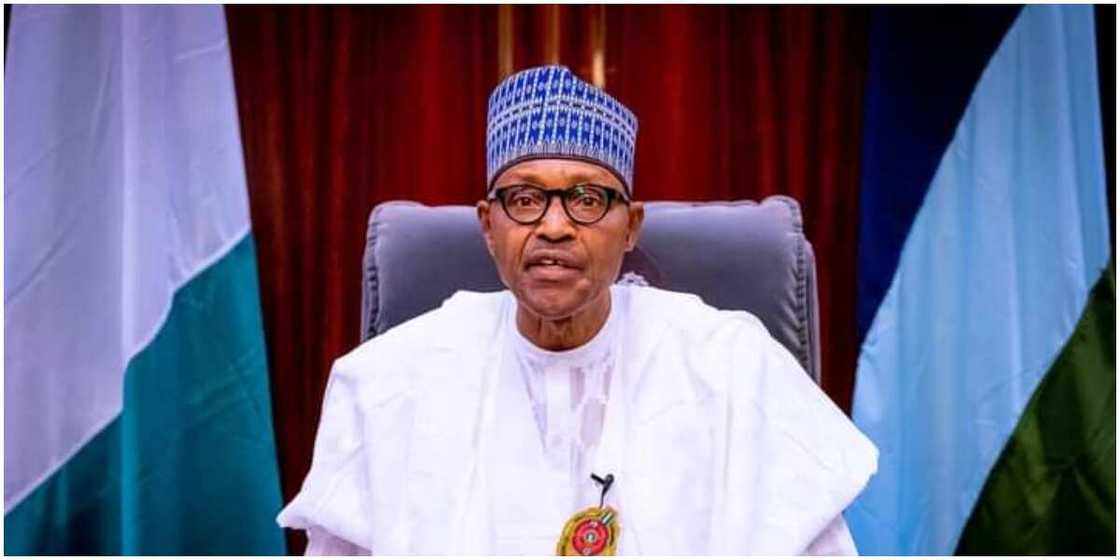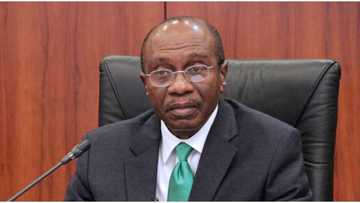IMF Wants Nigerian Government to Increase Petrol Price, Remove Fuel Subsidy
- The amount paid by Nigerians for electricity supply is too small, according to the International Monetary Fund, which isn't pleased with it
- The global body said the payment for power supply doesn't reflect the cost of generating and distributing of electricity by private companies
- IMF stated that the gap between tariffs and cost of operation is affecting the government, increasing FG's debt and amount disbursed into the power sector
The International Monetary Fund (IMF) wants the Federal Government to remove fuel subsidy and increase petrol price to reflect the market's cost of operation.
The Nigerian government has not increased the price of fuel in the last three months despite rise in international crude oil price, as the Nigerian Labour Congress threatens to go on strike if such is done.
President Muhammadu Buhari's administration has been taking up the cost burden as the filling stations sell fuel below market price - this leaves IMF worried.

Source: Facebook
In a virtual meeting with FG, representatives of the international financial institution expressed its concerns about the subsidy to the Nigerian authorities.
IMF spoke in support of market-based fuel pricing mechanisms, which will increase the amount Nigerians buy fuel, although it advised the government to create a social support for the poor households in respond to the ripple effect of high cost.
The global body also complained about the unemployment situation of the country, stating that employment level continues to fall dramatically.
Meanwhile, Legit.ng had reported that IMF showed positive support for El Salvador, as the country pushes for bitcoin as an official currency.
Alejandro Zelaya, Finance Minister of Salvadora, made this known, although IMF said it sees legal issues with the decision to adopt the cryptocurrency.
While IMF said there might also be macroeconomic and financial problem, the World Bank said it doesn't want anything to.do with El Salvador's bitcoin implementation.
Source: Legit.ng



